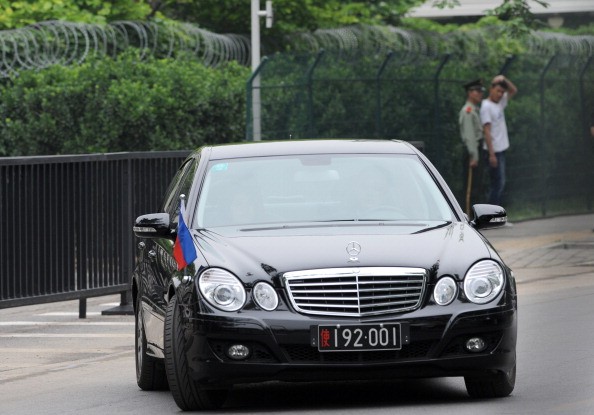China has rolled out stricter measures to strictly implement the rules and regulations for traffic violations on diplomatic vehicles.
According to the provisions on Diplomatic Vehicles Management, traffic violations by diplomatic vehicles shall be subject to punishment in strict accordance with the law and due procedures.
The provisions are aimed to better regulate diplomatic vehicles. It includes imposing specific requirements for both driving permits and the compulsory purchase of third-party liability insurance of no less than 1 million yuan.
Li Haidong, a professor at the Institute of International Relations at China Foreign Affairs University, said: "Different reactions from traffic violators in accidents is related to the attitude of their countries toward China. Traffic violations by the holders of diplomatic passports create uncertainties for China's security and sovereignty."
In June 2016, Chinese social media fiercely debated diplomatic immunity after Chen Lin, a journalist from Phoenix Television based in Jong Kong, made accusations that a vehicle registered to the U.S. Embassy in Beijing had scratched her car, and allegedly caused her injuries without any apologies.
Lin claimed to the police that the owners of the vehicle "may enjoy diplomatic immunity and it's difficult to punish them."
The new provisions state: "Drivers of diplomatic vehicles who violate the road traffic safety law shall also be subject to the demerit point system in China. Traffic management departments have the right to siege the driving licenses when the accumulated points reach a specific level, and the driving license will be returned only when the drivers pass the road traffic safety law tests."
Geng Shuang, the spokesperson for the foreign ministry said: "For the first time, those diplomatic vehicles in China are subject to quota controls and case-by-case approval."
The provisions also stated that the number of vehicles for official use of a mission shall not exceed the number of diplomats of the mission.



























